Quit Smoking Programs and Resources
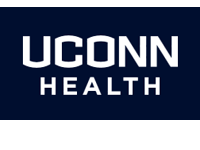 |
UConn Health Center - Smoking Cessation Program |
 |
State of CT Comptroller Office |
 |
Anthem for CT State Employees |
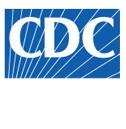 |
Centers for Disease Control (CDC) |
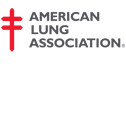 |
American Lung Association's Freedom from Smoking Plus |
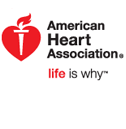 |
American Heart Association - Quit Smoking |
 |
American Cancer Society |
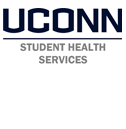 |
UConn Student Health Services: Online Resources |
UConn Smoking Policy
Reason for the Policy
The University of Connecticut recognized that tobacco use is a leading cause of preventable illness, disease and death in the United States and that exposure to second-hand smoke also contributes significantly to preventable illness, disease and death. This policy is in keeping with the University's goal to provide a safe and health working and learning environment and it ensures compliance with Connecticut General Statute 31-40q(d) and 19a-342.
The complete UConn Policy Statement
Smoking is prohibited:
- In all University owned or leased buildings, facilities and vehicles.
- Within 25 feet of all compus buildings, includiing residence halls.
Frequently Asked Questions
Why did UConn revise the Smoking Policy to restrict smoking beyond the interior of its buildings?
The Smoking Policy Task Force found that of their research of peer institutions, approximately 70 percent have a complete ban on smoking and/or tobacco. The remaining 30 percent apply such bans to within a certain distance from buildings or facilities. UConn was the sole institution with no official policy restricting smoking beyond the interior of its buildings.
When did the revised Smoking Policy go into effect?
The revised smoking policy became effective on June 7, 2016.
Guidelines for Supervisors & Employees
The success of the Smoking Policy depends upon the thoughtfulness and cooperation of smokers and non-smokers. All faculty, staff, students, and visitors share the responsibility of complying with and enforcing this important policy through education and compliance.





 The American Lung Association’s new online course is a highly-interactive behavior change program that addresses today’s mobile lifestyles. It works on desktops, laptops, tablets and smartphones and includes telephone, chat and email support from our tobacco cessation counselors. Freedom From Smoking® Plus is accessible whenever and wherever tobacco users need support as they break their addiction.
The American Lung Association’s new online course is a highly-interactive behavior change program that addresses today’s mobile lifestyles. It works on desktops, laptops, tablets and smartphones and includes telephone, chat and email support from our tobacco cessation counselors. Freedom From Smoking® Plus is accessible whenever and wherever tobacco users need support as they break their addiction.